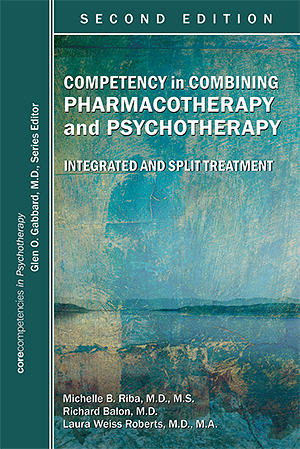Sections
Excerpt
One of the most difficult issues for any psychiatrist—either a seasoned clinician or an early resident—is to determine a treatment plan based on a good working diagnosis. Developing a treatment plan in partnership with the patient that the patient can reasonably adhere to, that is based on realistic expectations for treating the patient’s illness in a timely manner, and that is financially affordable for the patient is surely the goal. Some would say, however, that this is a combination of art and science. Others might argue that the development of treatment plans should be protocol or guideline driven. Still others might counter that there are so many factors to be weighed in a realistic treatment plan that it would be difficult to regulate something so individualistically driven.
Access content
To read the fulltext, please use one of the options below to sign in or purchase access.- Personal login
- Institutional Login
- Sign in via OpenAthens
- Register for access
-
Please login/register if you wish to pair your device and check access availability.
Not a subscriber?
PsychiatryOnline subscription options offer access to the DSM-5 library, books, journals, CME, and patient resources. This all-in-one virtual library provides psychiatrists and mental health professionals with key resources for diagnosis, treatment, research, and professional development.
Need more help? PsychiatryOnline Customer Service may be reached by emailing [email protected] or by calling 800-368-5777 (in the U.S.) or 703-907-7322 (outside the U.S.).



